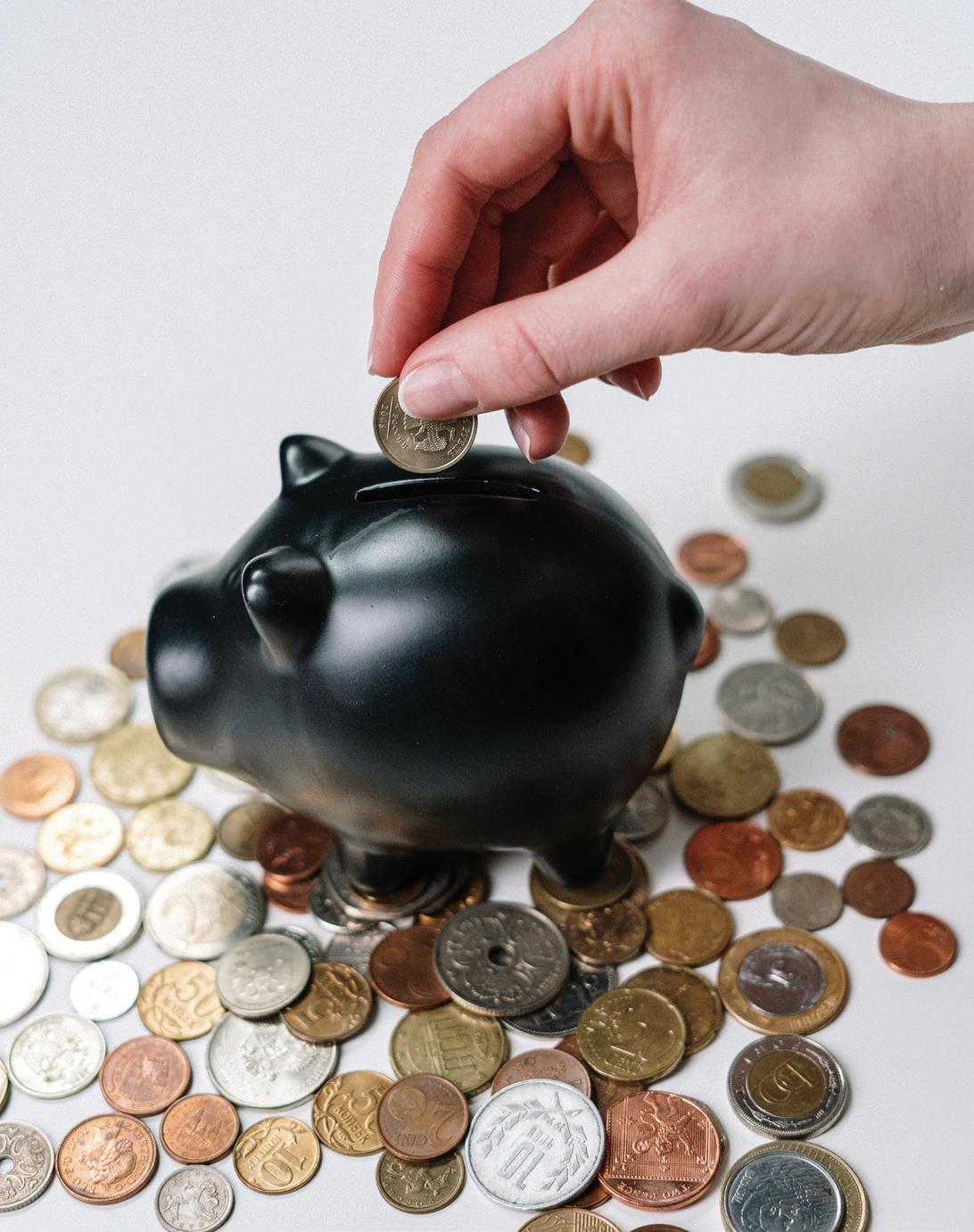
2 minute read
FINANCIAL FOCUS
Readers Ask...
by Michael McCormick, CPA
What is the best thing to invest in if you have $30,000-$50,000 and you want your money to make money? The short answer is that it depends on your specific situation. A question often requires us to ask a lot of questions to get to the real question. This is one of those times. What does this money mean to you? Do you have other money set aside as an emergency fund of three to six months? How much do you want to work? Do you have “bad” debt, credit card debt? Is it qualified (retirement money) or non-qualified money? How soon will you need access to the money? How much risk are you really willing to endure?
I know lots of questions that don’t specifically answer our reader’s question but each must be dealt with before prudently “investing” the money. The answer to each question helps set the stage for how ready and to what extent you should be investing. If you don’t have an emergency fund, have “bad” debt, or need the money for other purposes within a year, you probably should not invest until you’ve resolved those issues.
Investing in the financial market, real estate, or anything else all entail risk, time, and effort. In the financial market you buy fractional ownership interests in publicly traded companies and based on empirically proved academic research your expected return on the portfolio and how much risk you are taking can be calculated. Real estate could entail buying renovating and selling properties or lending money to someone who does but there’s no academically determinable expected return. Each real estate transaction may have characteristics similar to the smallest publicly traded company (highly volatile results). How much risk are you willing to endure?
Once you are cleared to invest you should determine your investing expectations and acceptable range of returns. Range of returns? Yes, your annual return will fluctuate. Over-time your cumulative return should approach your portfolio’s expected return. How much fluctuation can you endure? The more risk/ volatility the wider the expected and acceptable range of oneyear returns. Studies show that it is unreliable to attempt to pick individual stocks. An engineered portfolio of structured funds will give you broad diversification and market rates of return. Generally, the more equity positions you own in your portfolio the more volatility you should expect and be willing to accept.

Short answer – the longer you can leave the money invested the more equities you should own. Diversify based on the academic evidence of Fama and French and Markowitz and you will have a better investing experience. Investing in the financial markets will probably require less manual labor. Michael McCormick is the Principle of Financial Clarity Group, Inc. an Ohio CPA and Investment Advisor Representative, with over 20 years experience. A graduate of the University of Cincinnati’s College of Business Administration and a 1988 graduate of Lima Central Catholic. He can be reached at 513-488-1121 or mike@financialclaritygroup.com and www.financialclaritygroup.com










